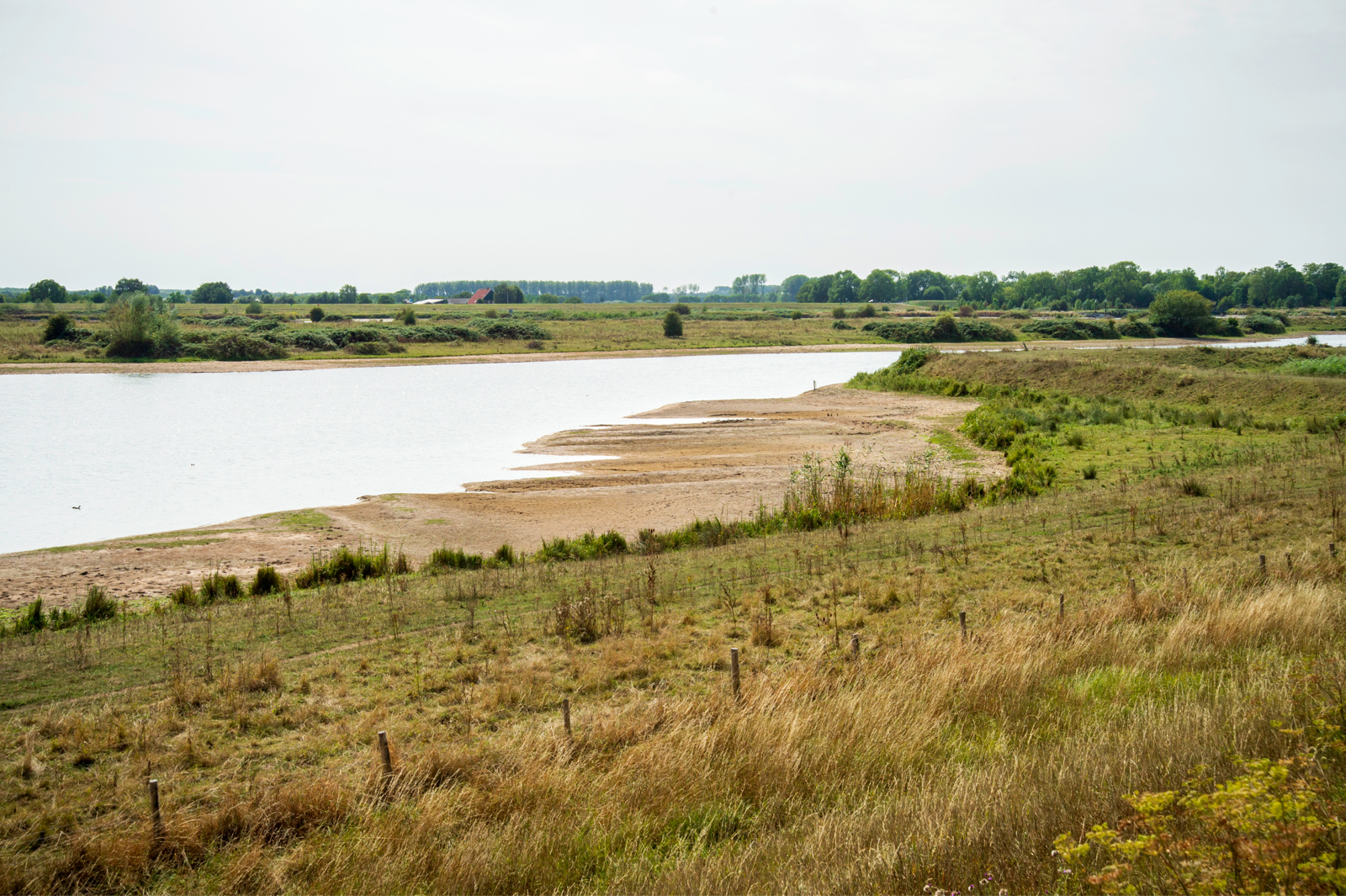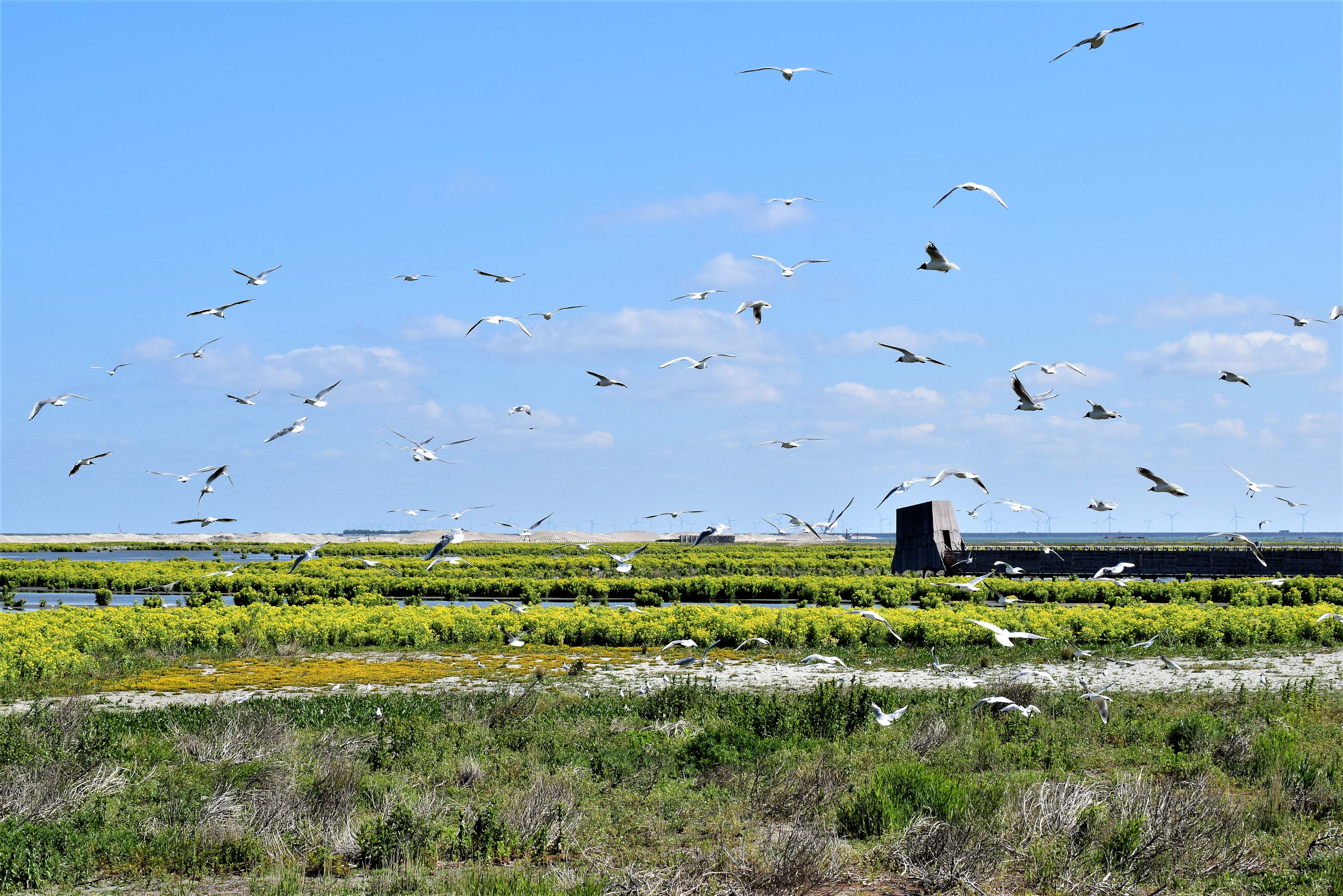Improving preparedness for drought
Droughts are among the natural hazards with most impact on both nature and humanity. This century, about 1.5 billion people around the globe have been directly affected by drought. The associated costs are estimated at over $100 billion. In addition, the messages in the recent IPCC reports are very clear: climate change is rapidly intensifying. It will exacerbate water-related risks, including drought, for nature, society and the economy. Many regions in the world have already been hit hard by drought events in recent years. In the summer of 2023, regions throughout the Northern Hemisphere suffered from extremely dry weather conditions, with high temperatures, droughts and bush fires, for example in Northern America, particularly Canada, and Europe.
Risk management strategies
These drought events degraded ecosystems, depleted the availability of drinking water, killed crops and affected energy production. Livelihoods were affected and the droughts led to conflicts, and challenges with humanitarian aid and migration. To prepare better for future drought events, the management of water resources should be based on a systematic approach that considers future changes in water resources under a changing climate. Understanding drought hazard and risk is an important first step. With the World Bank and other partners, Deltares developed a guidance document for that purpose. Drought risk management should involve tangible actions to maintain water flows to ecosystems and their services for society, and access to water for all communities. Effective drought risk management relies on operational systems to predict drought and to visualise potential impacts in order to engage as much as possible in timely, targeted and effective mitigation.
Developing guidelines and strategies
To address drought risk, particularly against the background of climate change, Deltares is helping governments, basin authorities and other stakeholders to develop long-term water-security strategies. We adopt an integrated approach to understand how climate change impacts hydrological processes and to define optimal ways of preparing for droughts. In the Stars4Water project, we work with river basin organisations on new services and models, integrating the latter in current information tools and decision-making processes for river basin management. With WaterLOUPE, we help a wide range of water stakeholders to assess drought and water scarcity risks in order to understand better how to adapt and mitigate water risks in metropolitan basins. On behalf of the High-level Experts and Leaders Panel on Water and Disasters (HELP), we worked with the Dutch government and international experts to draft guiding principles for drought risk management under a changing climate. In the Dutch Freshwater Delta Programme, we are exploring climate-adaptive strategies to minimise the impact of droughts against the backdrop of climate change. In the KLIMAP and LN2050 projects, with stakeholders and research partners, we are testing innovative solutions, including nature-based solutions in a living lab environment.
Groundwater, key element for drought preparations
The growing population, in combination with longer droughts due to climate change, poses a challenge to drinking water companies in terms of safeguarding the production of drinking water in the future. The subsurface provides us with options to narrow this gap between water supply and demand, and to counteract the undesirable consequences of water abstraction. In the National Groundwater Reserves project, we are working with stakeholders to safeguard deep groundwater resources for the future inhabitants of the Netherlands, for instance so that those resources can serve as a structural source of drinking water in a drier future or during very large-scale and long-lasting calamities.


'Measures to raise groundwater levels, such as reducing drainage and groundwater pumping, are necessary to make water systems more resilient during periods of drought.'
Dimmie Hendriks, expert on groundwater and drought
Drinking water from the river Meuse
It is likely that, due to climate change, there will be more frequent periods of low Meuse water discharges in the future. The impact on water availability from the Meuse constitutes a potential risk for drinking water supplies in the Netherlands and Belgium: drinking water for over 7 million people comes from the Meuse. After several periods with low discharge in recent years, Deltares was commissioned by RIWA-Maas (and more specifically, its members Dunea, Evides Waterbedrijf and WML) to develop a model for more in-depth research into the expected availability of water from the Meuse in the future and the possible impact on drinking water supplies. The aim of the research is to provide tools for developing measures to solve the problems. We are also working on a Decision Support System to increase the influx of fresh water into the Brielse Meer lake, among other things by preventing the influx of salt water. The Brielse Meer is an important link in the freshwater supplies of the western Netherlands. This system will help to anticipate and deal with dry periods when less fresh water is available.

'Impaired water availability from the Meuse is a potential risk for drinking water supplies in the Netherlands and Belgium.'
Marjolein Mens, specialist on drought and freshwater supplies
Analysis of Dutch drought in recent years
Since 2018, the Netherlands has suffered from several extremely warm, sunny, and dry years. After the 2018 drought, a large ‘Drought Policy Platform’ was established, drafting a range of recommendations for implementation in the short term by different organisations. With our partners, we are investigating the effects of the drought of 2022 to determine the impact on the water system and the associated consequences for nature, wildfires, agriculture, shipping, land subsidence and carbon emissions from peatland, drinking water, energy, industry, urban areas and dike integrity. Important questions include: ‘how much impact was there on society, which data are available for the analysis, and can we explain the impacts on the basis of system knowledge?’ On the basis of these research results, Deltares held discussions with several water managers and policymakers such as STOWA and the Dutch Freshwater Delta Programme that resulted in recommendations for policy and research: ensure there is sufficient knowledge, monitor the impacts and prepare for future periods of drought to limit the consequences.
Global system for forecasting local drought impacts
Droughts impact food and water supplies, employment opportunities, and energy production. Deltares is developing a global framework for forecasting drought impacts. This Next Generation Drought Index tool (NGDI) uses a combination of big data, Earth Observation, hydrological models and data science techniques. It is presented as a user-friendly web-viewer that combines drought indices in combination with relevant impact information, enabling local water managers to take action before and during periods of drought. We provide this information for the whole globe but allow the users to extract locally relevant information. We make an impact by connecting with relevant users. For example, the NGDI was used recently in Uruguay by the Red Cross during a drought for the spatial and temporal analysis of vegetation health. For the Netherlands, Deltares is exploring ways of developing operational drought information systems that focus on groundwater and the related impacts on agriculture and nature (Droogteradar and Grow-with-the Flow).

Realising impact
In partnerships like Stars4Water, KLIMAP, COASTAR, NGDI, and the Grow-with-the-Flow project, Deltares is collaborating with stakeholders to identify solutions for longer and more severe droughts. Together, we combine the knowledge of the water and groundwater system with technical solutions and water management strategies to ensure that water supplies are used sustainably. These systematic approaches help us to be better prepared for future drought events and reduce the damage.
All Sendai priority’s










